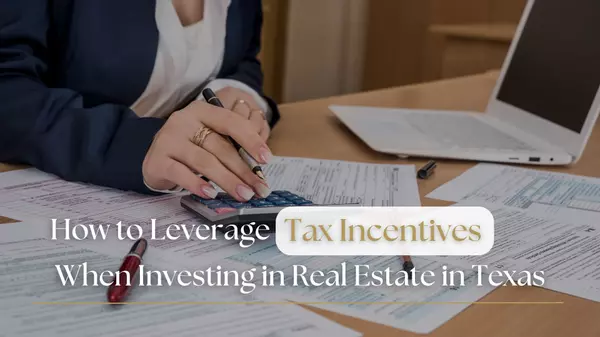
6 Strategies to Improve Your Credit Before Buying a Home
When it comes to buying a home, your credit score is one of the most important factors that lenders evaluate. A higher credit score can unlock better interest rates, lower down payments, and overall more favorable mortgage terms. If your credit isn’t where you want it to be, don’t worry. With a fe

Why Texas is the Hotspot for Commercial Real Estate Investment in 2024
In 2024, Texas continues to establish itself as one of the most attractive destinations for commercial real estate investments in the United States. With a booming economy, favorable tax policies, and rapidly growing urban centers, the Lone Star State offers numerous opportunities for investors lo

How to Leverage Tax Incentives When Investing in Real Estate in Texas
Investing in real estate in Texas can be a highly lucrative endeavor, especially when you take advantage of the various tax incentives offered by the state. These incentives are designed to attract investment and stimulate economic growth, providing substantial benefits to savvy investors. In this
Categories
Recent Posts











